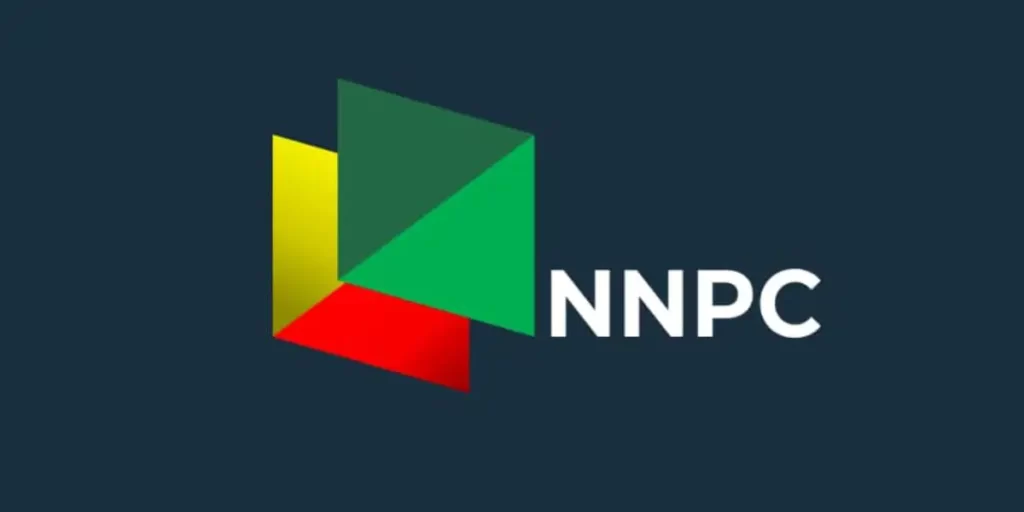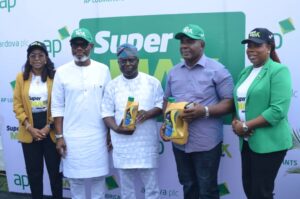Video: Ojulari confirms sale of NNPCL refineries ‘not out of question’ as rehabilitation challenges mount

NNPC
Abdullateef Fowewe
The Nigerian National Petroleum Company Limited (NNPCL) is actively reviewing its refinery operations amid increasing complexities in rehabilitation efforts, with the possibility of selling its state-owned refineries firmly on the table, Group Chief Executive Officer Bayo Ojulari has revealed.
Video link: https://x.com/dailyeconews/status/1943676251463455165?s=46
Speaking at the 9th OPEC International Seminar in Vienna and in subsequent interviews, Ojulari acknowledged the daunting challenges facing the ageing refineries, stating, “Some of those technologies have not worked as we expected so far. When you’re refining a very old refinery that has been abandoned for some time, what we’re finding is that it’s becoming a little bit more complicated.”
He emphasised that the NNPCL is undertaking a comprehensive review of its refinery strategies, aiming to conclude the process by the end of the year.
However, Ojulari made it clear that no option is off the table, including the sale of the refineries, depending on the outcome of the ongoing assessments.
“Sale is not out of the question. All the options are on the table, to be frank. But that decision will be based on the outcome of the reviews we’re doing now,” he stated.
The CEO also highlighted the significant investments already made, including the $2.4 billion spent on repairs and technology upgrades, but admitted that these efforts have yet to yield the desired operational efficiency.
The Port Harcourt refinery, for example, resumed operations in late 2024 after a costly refurbishment but was forced to shut down again for maintenance, operating below 40 percent capacity before the closure, Dailyeconomy reports.
Ojulari further disclosed that Nigeria’s crude oil production costs remain high, ranging between $20 and $30 per barrel, partly due to security investments ensuring 100 percent pipeline availability.
He expressed optimism that these costs would stabilise as security and operational efficiencies improve.
Looking forward, Ojulari announced ambitious plans to increase Nigeria’s oil production to 1.9 million barrels per day by the end of 2025, underscoring a commitment to revitalising the country’s oil sector amid global market uncertainties.




